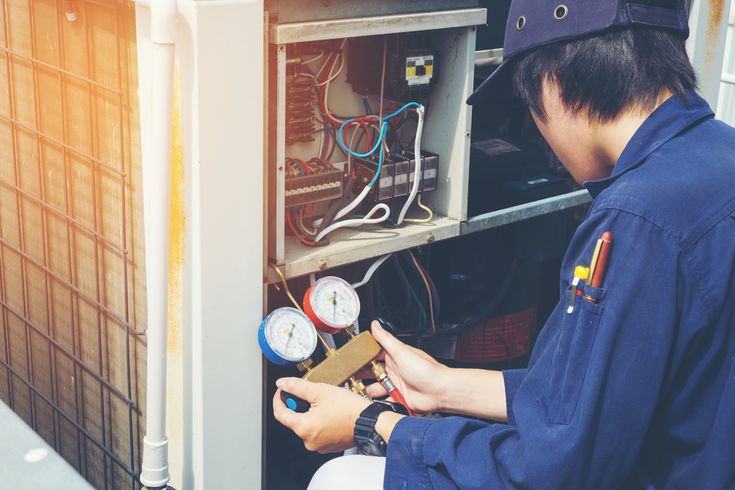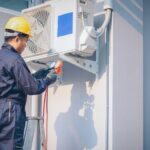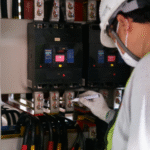
1. Optimizing System Performance for Energy Savings
HVAC Technicians ensure that heating and cooling systems operate at maximum efficiency. They fine-tune components like compressors, fans, and thermostats to prevent systems from overworking, which reduces energy consumption. By calibrating equipment properly, they help buildings stay comfortable without wasting energy — leading to lower utility bills and a smaller carbon footprint.These skills are taught in hvac programs in Texas.
2. Installing Energy-Efficient HVAC Systems
As technology evolves, newer, energy-efficient HVAC systems are designed to use less power while providing better performance. HVAC Technicians are essential in recommending, installing, and configuring these advanced systems — like variable refrigerant flow (VRF) systems, heat pumps, and ENERGY STAR® rated units — to ensure optimal efficiency. This not only cuts energy costs but also supports global efforts to reduce fossil fuel reliance. Training in hvac classes in Texas prepares technicians for these tasks.
3. Regular Maintenance to Prevent Energy Waste
Even the most efficient system can waste energy if it’s poorly maintained. HVAC Technicians perform routine inspections and preventive maintenance, ensuring components like air filters, coils, and ductwork stay clean and clear. This keeps the system running smoothly, prevents breakdowns, and reduces energy drain from clogged or overworked equipment.
4. Promoting Smart Technology Integration
Modern HVAC systems often pair with smart thermostats, zoning controls, and energy monitoring apps — but they only work efficiently if set up correctly. HVAC Technicians configure these smart solutions, helping users manage temperatures, schedules, and energy usage remotely. This ensures that heating and cooling only happen when needed, reducing unnecessary energy consumption.
5. Supporting Sustainable Refrigerant Use
Refrigerants are crucial for cooling, but older types contribute to greenhouse gas emissions. HVAC Technicians are trained to handle, recover, and replace harmful refrigerants with environmentally safer alternatives — like R-32 and R-410A — ensuring compliance with environmental regulations. This minimizes harmful emissions and supports global sustainability goals.
6. Extending Equipment Lifespan
Replacing an entire HVAC system is expensive and resource-intensive. HVAC Technicians help extend the lifespan of systems by performing timely repairs, upgrades, and cleanings. A longer-lasting system means fewer raw materials used in manufacturing replacements, less waste, and a lower overall environmental impact.



